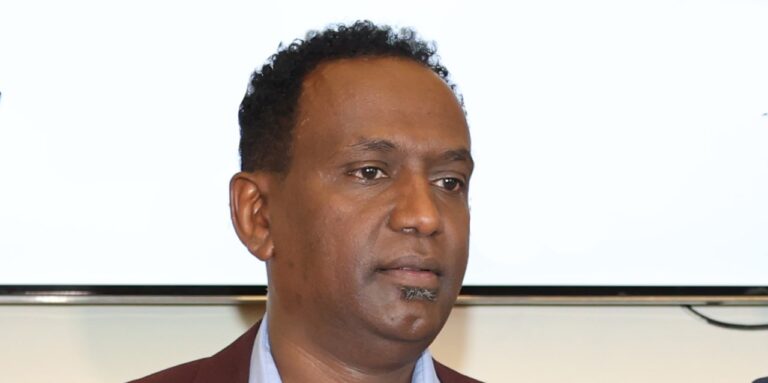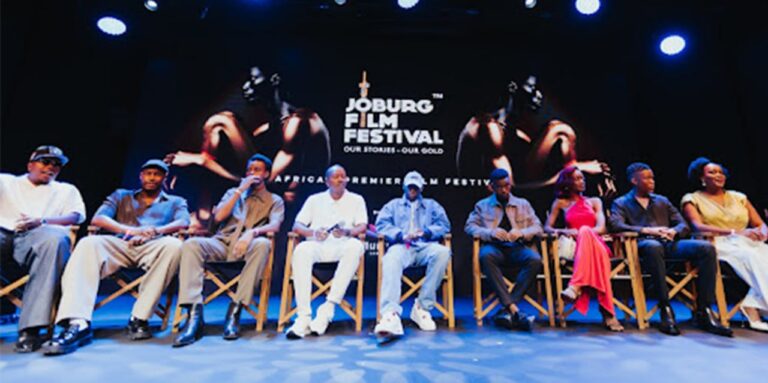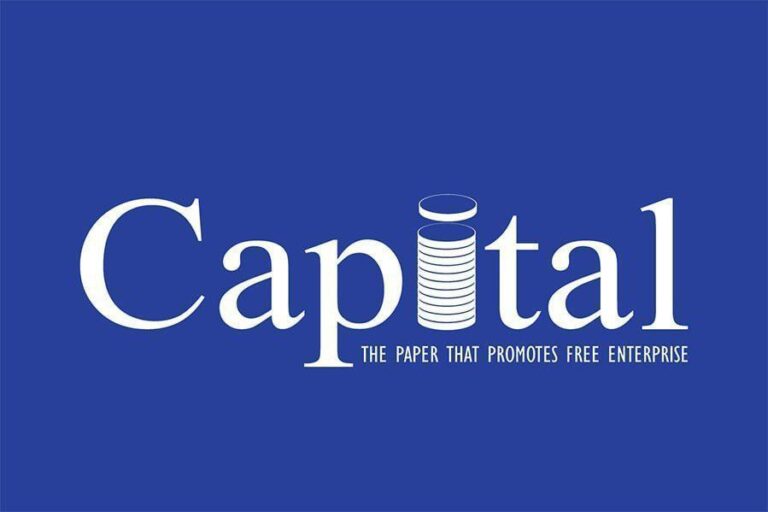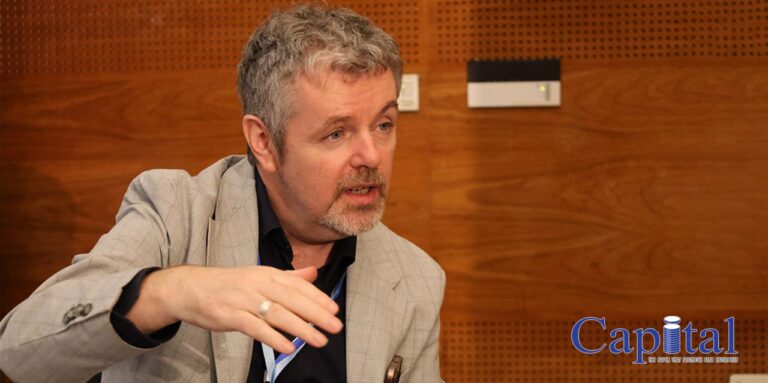I’ve had the privilege of writing over 11 insightful articles on branding for The Weekly Capital, covering everything from ‘The Misconceptions About Branding’ and ‘The Basics of Successful Branding’ to ‘Why Brands Matter,’ ‘Can Anything Be Branded?’ ‘How to Choose the Right Logo for Your Business,’ ‘Amplifying Brands: The Power of the Right Brand Ambassador,’ and ‘The Hospitality Culture of Ethiopia and Its Potential for Business Success,’ just to name a few. This time, I’m shifting the focus to personal branding, using Haile Gebrselassie’s remarkable journey as a powerful example of how personal brand can fuel success.
In today’s world, personal branding is no longer a luxury but a necessity. While most people are familiar with the concept of branding in the business world, it’s crucial to recognize that individuals too can craft and manage their own brands. Personal branding involves establishing a distinct identity that communicates your values, expertise, and vision to others. It’s the perception others have of you—built over time through consistent actions, messaging, and results. Just like a company needs to maintain its reputation, a person’s reputation and image in the marketplace are key to unlocking opportunities and building meaningful connections. This concept was explored in my previous article for Capital Newspaper, “Can Anything Be Branded?”, where I discussed how branding principles apply to more than just products; they extend to people, including renowned figures like Haile Gebrselassie, whose personal brand has not only cemented his legacy in athletics but has also powered his success in diverse business ventures.
Haile Gebrselassie is a shining example of how an individual can leverage their personal brand to create a lasting impact across various industries. Known globally as an Olympic champion and long-distance running legend, Haile’s name is synonymous with excellence, discipline, endurance and determination. However, his brand is not confined to the world of sports. Haile has successfully transitioned from being an athlete to a prominent entrepreneur, with a business portfolio that includes more than 9 international standard hotels, a car assembly plant, a coffee farm, a honey manufacturing factory, and property development and the renowned event, the Ethiopian Great Run. What sets him apart from many other business entrepreneurs is his decision to tie his brand directly to his ventures. Instead of franchising or outsourcing his hotels to others, Haile named them after himself, ensuring that his personal values—integrity, quality, and trust—are at the core of his businesses. This connection between his identity and his enterprises is a direct reflection of the immense power of a personal brand in driving business success.

Building a personal brand is a conscious, strategic effort, and it starts with defining your core values, strengths, and passions. Haile Gebrselassie’s personal brand is a testament to how self-awareness can shape success. At the age of 15, Haile boldly proclaimed that he would be the best long-distance runner in the world. This was not just youthful boldness but a vision grounded in belief and determination. His mindset, paired with his endurance, played a crucial role in his athletic success and later in his entrepreneurial endeavors. To build a personal brand, one must first ask: What are the values that define you? What makes you unique? Once you answer these questions, you must consistently align your actions and decisions with these principles. Haile’s unwavering discipline and commitment to his goals are qualities that have carried him not only through his sporting career but into his business ventures as well. Similarly, a strong personal brand requires consistency—not just in what you say but also in what you do. Every action, from how you engage with others to how you run your business, should reinforce the image and values you wish to project.
Consistency is essential in building a personal brand that others can rely on. Haile Gebrselassie has long been known for his excellence, not just on the track but in all his business operations. His decision to name his hotels “Haile Resort” is an intentional move to make his personal brand synonymous with high standards and quality service. The same principle applies to anyone looking to build their personal brand. Once you’ve identified your core message and values, it’s essential to communicate them consistently across all touchpoints—whether it’s through your work, public persona, or digital presence. Personal branding is about aligning what you say with what you do. I believe Haile’s reputation as a world-class athlete was not just based on his performance but also on his attitude and commitment, both of which were essential in shaping how people view him in the business world today.
The benefits of building a strong personal brand are far-reaching. A well-established personal brand leads to trust, recognition, and new opportunities. For Haile Gebrselassie, his brand has opened doors to industries beyond sports, enabling him to create businesses that span hospitality, manufacturing, and agriculture. His name, built on decades of discipline and success, carries immense value in the eyes of investors, partners, and customers. This illustrates a crucial point: a personal brand isn’t just about self-promotion; it’s about creating a reputation that attracts people who align with your values and expertise. For example, people seeking out Haile’s hotels or engaging with his business ventures do so not just because of the services offered, but because they trust his name and what it represents. In the same way, a strong personal brand can help you stand out, build credibility, and gain access to new ventures and opportunities.
My own personal experience further solidified the significance of personal branding in the professional world. Four years ago, while working for Dashen Bank, in the capacity of Marketing and Customer experience director, I had the unique opportunity to meet Haile Gebrselassie at his office in Bole, Addis Ababa. During this visit, Haile signed his biography, Haile Gebrselassie: Emperor of Long Distance, and gifted it to me and my fellow friends, an act that underscored his humility and commitment to his personal brand. I gave him a copy of my book, Make a Difference with Customer Service. Since that encounter, I’ve often referenced Haile in my training sessions, particularly when discussing the importance of attitude in customer service and personal development. His story is a perfect example of how the right mindset—paired with a strong personal brand—can elevate a person’s reputation and success. Whether training others or speaking to audiences via my radio program, I often use Haile as an example of how personal branding goes hand-in-hand with attitude, endurance, and consistency.

In conclusion, Haile Gebrselassie’s success, both in athletics and business, is a powerful illustration of the enduring impact of personal branding. His journey proves that building a personal brand is not just about being famous or gaining recognition; it’s about defining your core values, consistently embodying those values, and creating a reputation that others trust and respect. Like I discussed in my earlier article, “Can Anything Be Branded?”, Haile has shown that personal branding, when executed with authenticity, can become a powerful tool for personal and professional growth. Whether you are an athlete, a business professional, or an entrepreneur, the principles of personal branding are universal and can unlock new opportunities, create a legacy, and help you stand out in an increasingly competitive world. Like Haile, anyone who builds a strong personal brand based on integrity, excellence, and perseverance will find that it becomes a powerful force—opening doors, fostering relationships, and driving success in every area of life.
We’d love to hear your thoughts on the article. Share your feedback with us via email at info@hayasebat.com or give us a call at +251 988 272 327.
Aschalew Tamiru is the founder and CEO of HayaSebat Marketing and Branding PLC. With extensive experience in senior management roles across various companies, he has made significant contributions to the industry. Aschalew is also a producer and host of popular business radio and TV shows. He is the author of two books: Make a Difference with Customer Service and Denbegna Yikidem (in Amharic). A certified Management Consultant, he is passionate about empowering businesses and individuals to achieve success.






